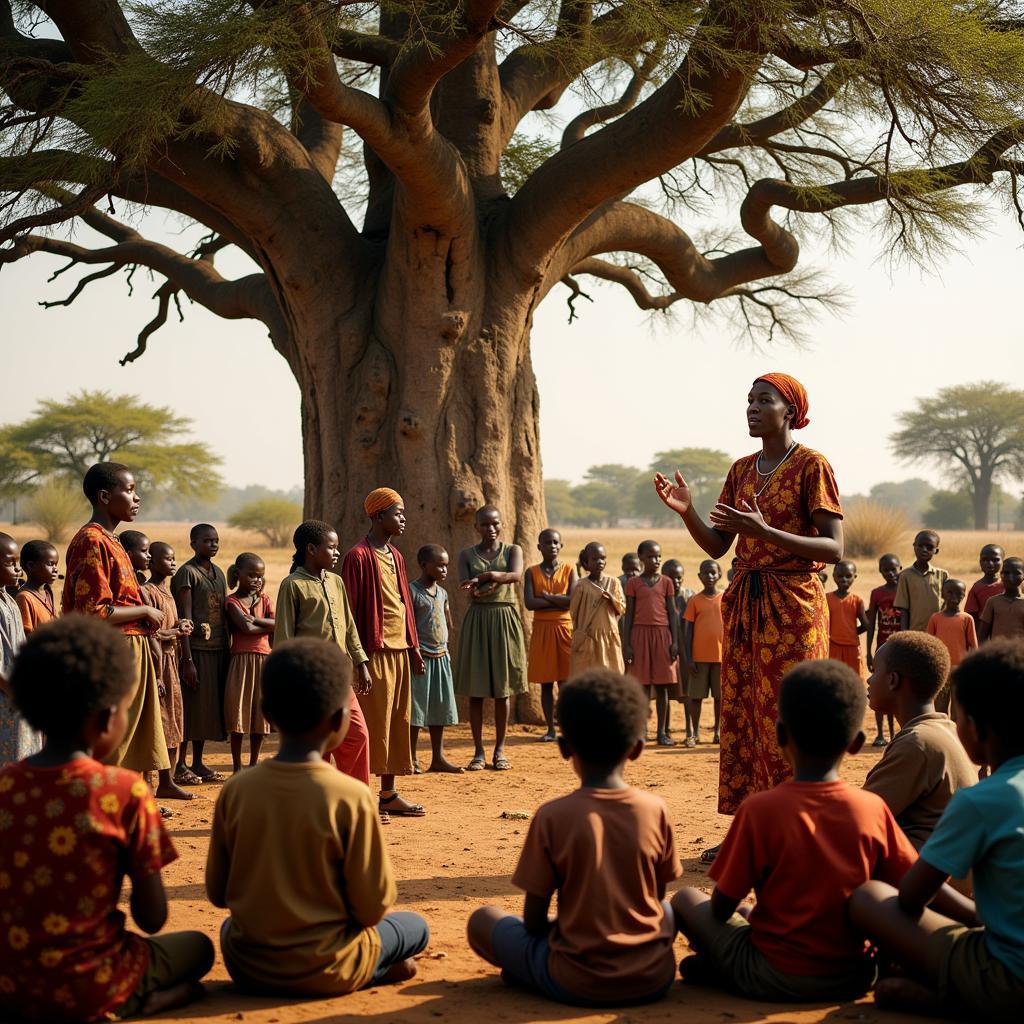African Borders: A Tapestry of History, Culture, and Diversity
Africa is a continent of immense diversity, with a rich tapestry of cultures, languages, and histories. One of the most intriguing aspects of this diversity lies in its borders, which have been shaped by complex forces throughout history. These borders are not just lines on a map; they represent the intersections of different peoples, traditions, and experiences.
Understanding African Borders
African Borders, as we know them today, are largely a product of colonialism. During the 19th and early 20th centuries, European powers carved up the continent, drawing arbitrary lines that often ignored existing cultural, ethnic, and linguistic boundaries. This process led to the creation of artificial nations with diverse populations, creating a patchwork of cultural landscapes across the continent.
“African borders are a legacy of colonial rule,” says Dr. Amani Mbowe, an expert in African history and cultural studies. “They were drawn without considering the complexities of the societies they divided. This has led to ongoing challenges in terms of identity, governance, and resource management.”
The Impact of Colonial Borders
The arbitrary nature of colonial borders has had significant impacts on African societies:
- Ethnic and Cultural Tensions: In many cases, borders have separated ethnic groups with close cultural ties, while bringing together groups with little in common. This can lead to tensions and conflict over resources, land ownership, and political representation.
- Economic Disparities: Borders have often created economic inequalities, with resources and infrastructure concentrated in certain areas while others remain underdeveloped. This has contributed to economic disparities and social injustice.
- Challenges to National Identity: The artificial nature of many African borders has made it difficult to establish strong national identities. People may feel more connected to their local communities or ethnic groups than to the nation-state they belong to.
Beyond the Lines: Bridging Borders
Despite the challenges posed by colonial borders, Africans have shown remarkable resilience and adaptability. They have found ways to bridge divides and foster unity across national boundaries:
- Transnational Trade and Networks: Traditional trade routes and cultural exchanges have continued to flourish, connecting communities across borders. This has helped to preserve shared traditions and foster economic cooperation.
- Cultural Festivals and Events: Celebrations of shared cultural heritage, such as music festivals, traditional dances, and storytelling events, have become important platforms for fostering cross-border understanding and unity.
- Cross-Border Cooperation: African governments and organizations have increasingly recognized the importance of cooperation across borders. This has led to efforts to address shared challenges, such as environmental degradation, disease outbreaks, and economic development.
African Borders: A Work in Progress
The legacy of colonial borders continues to shape Africa’s development. However, Africans are actively working to build bridges and foster unity. The continent’s future will depend on its ability to navigate the complexities of its borders and harness the strengths of its diverse cultures.
“African borders are a complex and dynamic reality,” notes Dr. Mbowe. “But they also represent a unique opportunity for cross-border cooperation and the creation of a more integrated and prosperous continent.”
FAQ
1. Why are African borders so different from borders in other parts of the world?
African borders were largely drawn by European colonial powers without considering the existing cultural and ethnic realities of the continent.
2. What are some of the challenges posed by African borders?
Challenges include ethnic and cultural tensions, economic disparities, and difficulty in establishing strong national identities.
3. How are Africans working to overcome these challenges?
Through transnational trade networks, cultural festivals, and cross-border cooperation initiatives.
4. What is the future of African borders?
The future of African borders is uncertain, but the continent’s ability to navigate their complexities will be crucial for its development.
5. What can I do to learn more about African borders?
You can explore online resources, read books by experts, and engage with communities across borders through cultural exchanges.
6. How can I support efforts to build bridges across African borders?
You can support organizations working on cross-border cooperation, learn about African cultures, and advocate for policies that promote understanding and unity across the continent.
7. Are there any organizations working to address the challenges posed by African borders?
Yes, there are many organizations, including the African Union, working to promote cross-border cooperation and development.
